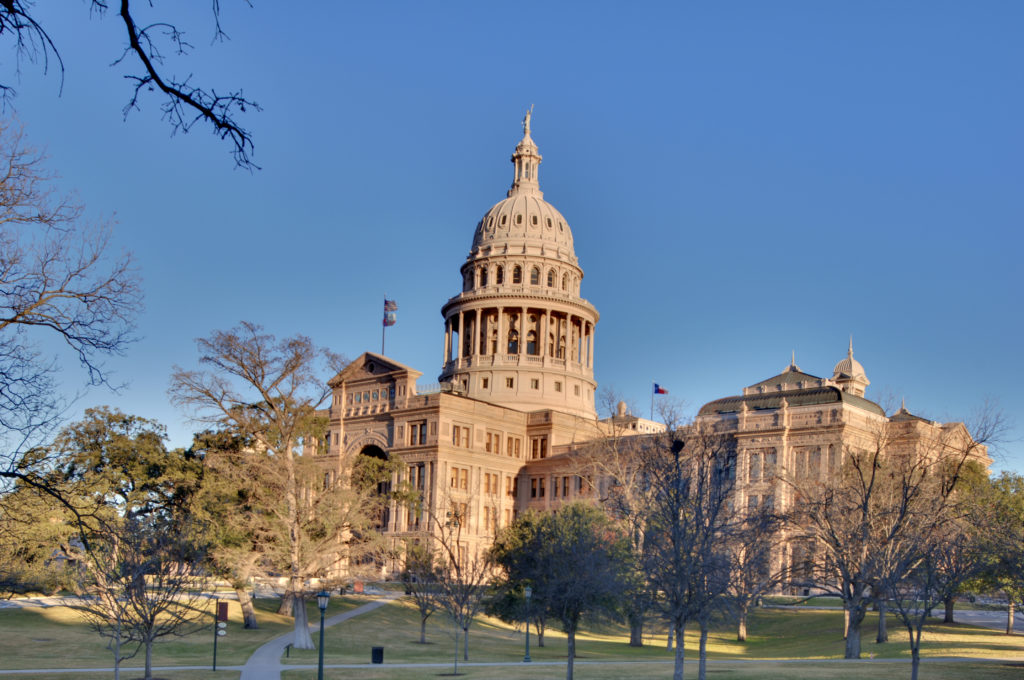This week, the Texas Legislature formally gaveled out of the special session called earlier this summer by Gov. Greg Abbott. Of the twenty items placed on the call — i.e., issues eligible for consideration during the 30-day session — nine passed.
But one of the most contentious and hotly debated topics, the so-called “bathroom bill,” did not.
The bathroom bill was an attempt to restrict where transgender Texans can use the bathroom and weaken existing non-discrimination protections in Austin and other cities across Texas.
Business, including Austin’s tech sector, played a key role in the bill’s defeat. They didn’t want to follow the path set by North Carolina, which saw billions of dollars exit the state from lost tourism and corporate investment after their legislature passed a bathroom bill. Business and tech also knew that passage of a divisive bathroom bill would only set Texas back in the ongoing recruitment battle for talented employees.
That’s why you saw some of the world’s biggest companies stand up and publicly oppose the bathroom bill, including 3M, Amazon, AMD, Apple, Cisco, Dell, Facebook, Google, IBM, Intel, Microsoft, and Samsung.
ATA actively opposed the bathroom bill by:
- hosting an event in November with TechNet about the importance and potential negative impact of the bathroom bills;
- speaking out in January in opposition to the bill by arguing that “[t]he bathroom bill will undermine the technology community’s commitment to diversity and inclusion and negatively affect the Austin tech sector’s ability to recruit the world’s brightest and most talented individuals;”
- organizing a tech community letter in opposition to the bathroom bill, which garnered 433 signatures and was delivered in person to Gov. Abbott, Speaker Joe Straus, and Lt. Gov. Dan Patrick;
- walking the halls of the Capitol, speaking with legislators and staff about the importance of opposing discriminatory legislation;
- breaking down how Austin’s tech sector could testify against the bathroom bill in three easy steps; and
- updating ATA professional members about the progress of the legislation during the regular and special sessions.
The bill’s defeat offers some lessons moving forward.
Coalition building
Whenever possible, it’s important to work in a broad-based coalition with others who share your goals.
Thanks to excellent organizing efforts by Keep Texas Open for Business, Texas Competes, Equality Texas, TechNet, and others, those opposed to discriminatory legislation were able to amplify their impact by communicating a unified message with a unified voice.
These coalitions provided up-to-the-minute information sharing, allowing strategic decision making around where to allocate limited time and effort during the 30-day special session sprint. They also helped to organize large scale visits to the Capitol where folks representing their companies could blanket the building and speak to the press all in the same day.
Your voice matters
Individual efforts — from calling and writing your legislators to showing up at the Capitol to testify — add up and make an impact. How you choose to get involved is up to you, but there are opportunities for you to make your voice heard using as little as two minutes of your time (calling your elected officials) to as much as the better part of a day (signing up to testify in person).
Regardless of what amount of time and effort you can invest, speaking up is essential. You may not be convinced that your individual voice can make a dent in the legislative process, but facts prove otherwise: the collective voice of thousands of people just like you is what helped to stop the bathroom bill.
Stay engaged
Again, the bathroom bill didn’t die on its own — it took concerted efforts from thousands across the state.
But just because the bill failed to pass once doesn’t mean it’s dead forever. Supporters have promised that the issue will come back up either in a subsequent special session that could be called by Gov. Abbott or the next regular session beginning in January 2019.
So this topic is not going away. It’s crucial for the grassroots of Austin’s tech sector to stay engaged on this and other policy issues that are key to our community’s long-term success and growth.

